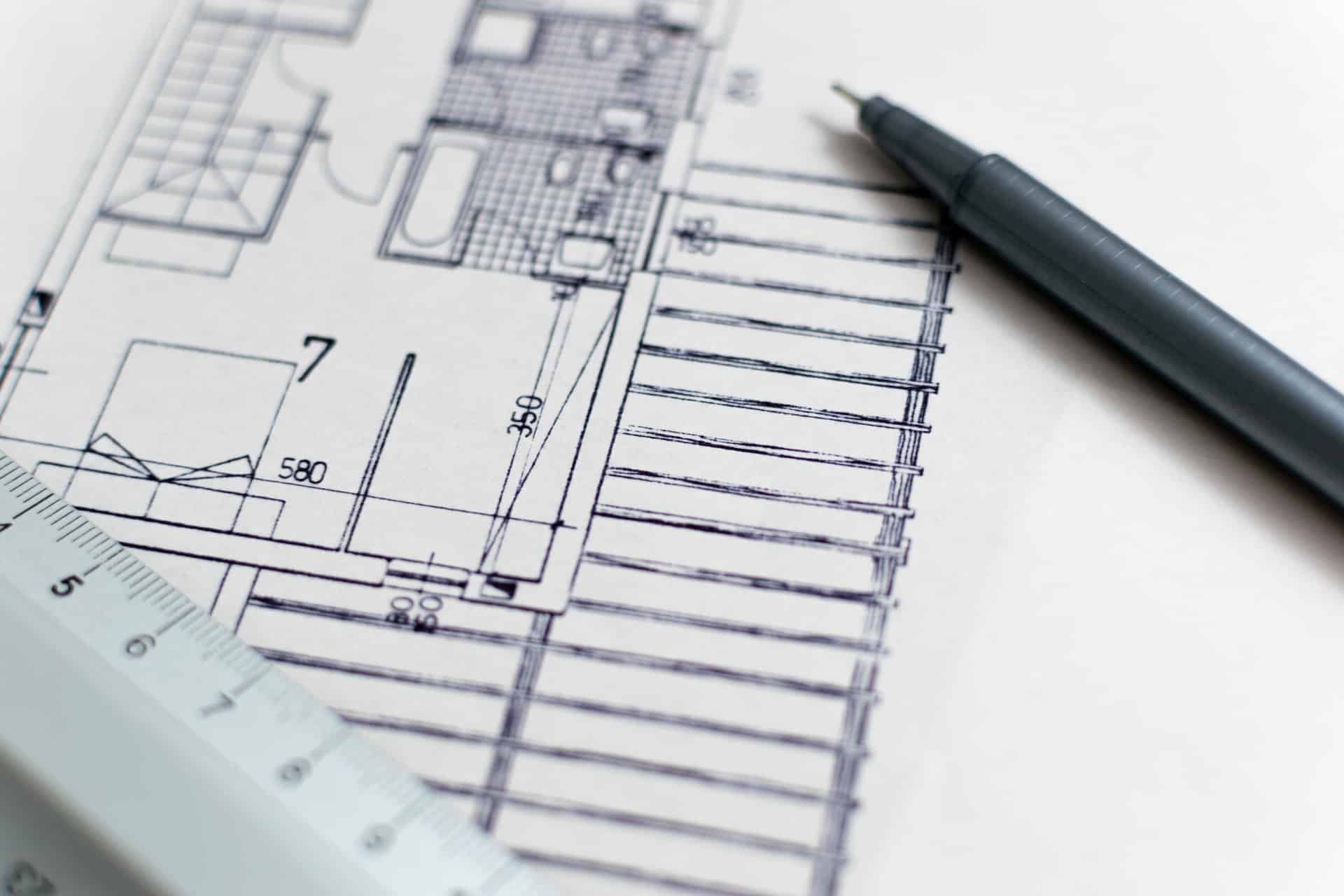Architecture. Whilst a laudable profession, is not one in which mistakes never happen. However, what are the extent of those mistakes? Well, that depends upon the particular circumstances. However, recently, the High Court (Martin Bowdery QC ((the Judge)) to be precise) delved into such matters in the case of Freeborn and Another v Marcal [2019]. We look at architects’ negligence and how the court will assess liability.
Background to the case
A couple instructed an architect to design a cinema room for their home. However, the architect then went on, without informing his clients, to transform the scope of his instruction from ‘sleek modern’ to ‘wonky industrial’. Unfortunately, for the architect, this was not an episode of ‘Changing Rooms’ where he had an unlimited brief. No; the brief was limited, and it was limited to ‘sleek modern’. Wonky industrial was, definitively, out-of-bounds. The clients’ cinema room would not meet their initial vision/expectations. Aesthetically, or otherwise.
The clients made a professional negligence claim against the architect.
Seven principles
In order to arrive at his decision, the Judge set out seven principles for assessing an architect’s liability. Those seven principles were as follows:
- The contract between the parties is the starting point for an architect’s duties.
- The architect owed the clients a duty to provide the services with reasonable care and skill.
- The architect is not expected to reach a standard of perfection. The standard is of reasonable care and skill. However, it is not enough for a claimant to prove that the architect made a mistake to evidence that there has been a failure to exercise reasonable skill and care. A claimant must prove actual negligence.
- Where the project requires specialist knowledge, an architect may recommend that the client appoints a third party with such specialist knowledge. Usually the architect will not be responsible for any work carried out by the specialist which is beyond the expertise of an architect of ordinary competence.
- An architect’s duty to supervise or inspect works will depend on a number of things. These will include the type of works, the terms of the contract and the parties’ confidence in the contractor.
- A client may only recover that loss and damage caused by the architect’s negligence (causation); and which the client has sought to mitigate.
- Finally, the usual damages awarded where an architect’s negligence causes defects in a building is the cost of rectification.
The Judge’s decision
The Judge concluded that an architect should produce a written brief and share this with the client. The architect should then include any changes to the design within that brief for consultation with the client. This requirement could only be departed from in exceptional circumstances with the client’s agreement. In this case, the architect had not done so.
The Judge found that the architect had indeed acted negligently and had caused loss to the claimants. He awarded damages in relation to the cinema room as follows:
- Just over £430,000 in money spent on designing and building a cinema room that did not comply with the clients’ instructions and would be demolished;
- £26,000 for actually demolishing the cinema room
- Plus a further £5000 for distress and inconvenience.
The Judge varied from the usual order that the damages would be the costs of rectification. This was because the end result was “so different… from what the Claimants reasonably expected” that demolition (rather than rectification) was reasonable.
While this case hinges on what the claimants found to be ugly design, it is not the design itself that led the court to find the architect negligent, but the way that the architect went about it. Not least that the architect substantially changed the design without discussing with the claimants.
If you are concerned that your architect has not kept to his brief, or is otherwise negligent, our professional negligence team can assist. Call us today on 0800 988 7756 for a free initial chat.



